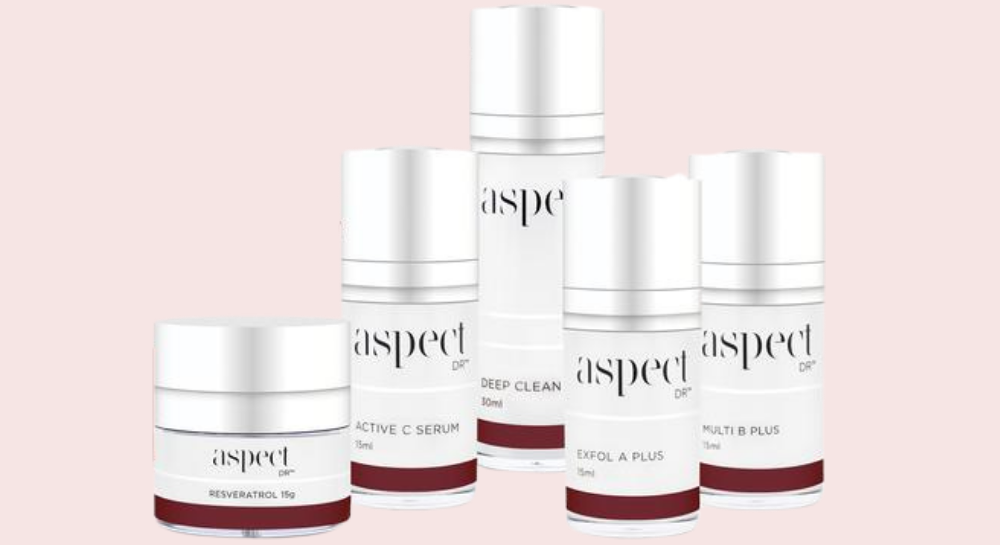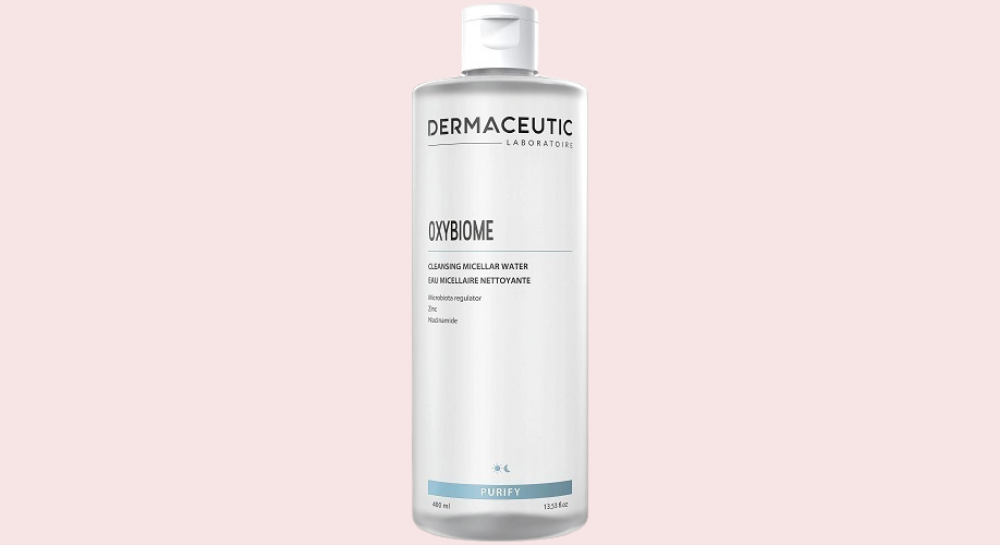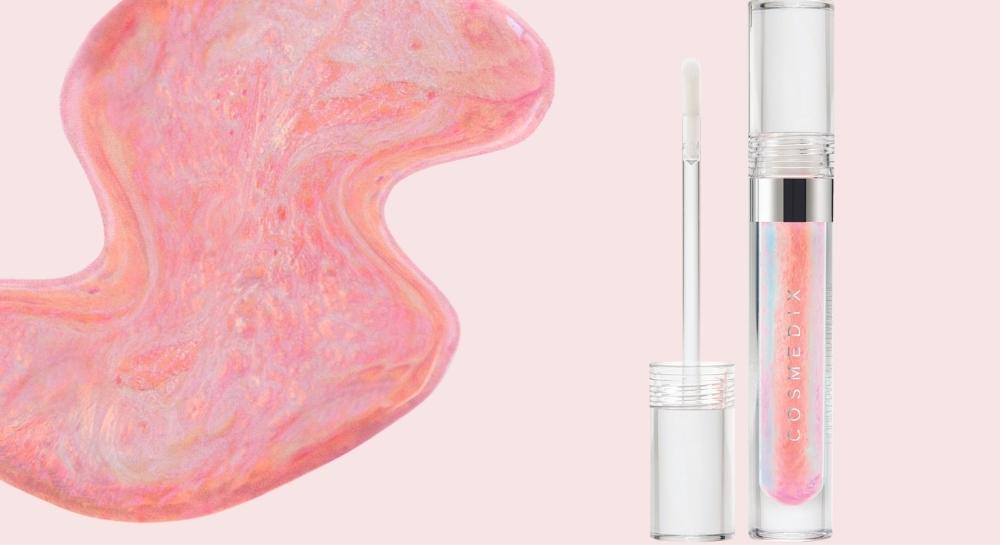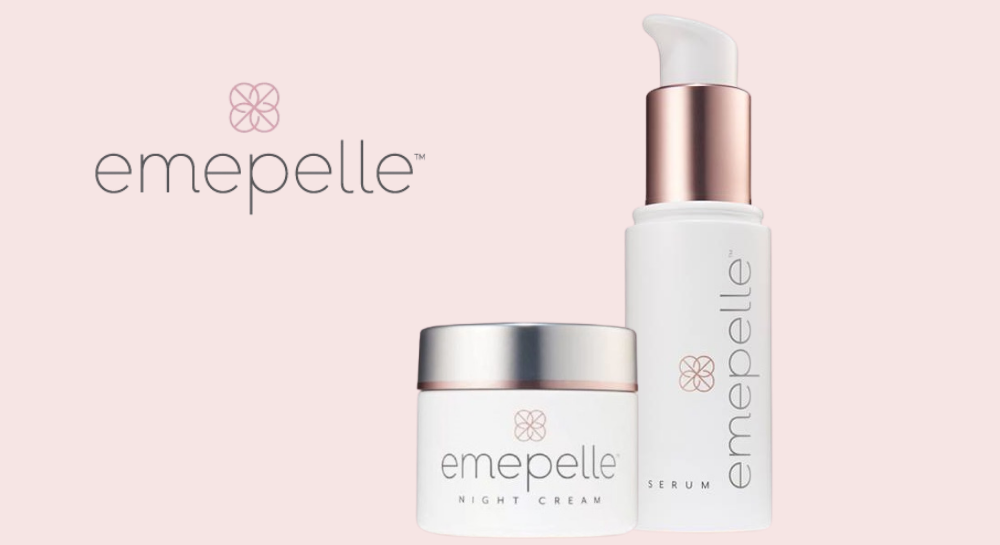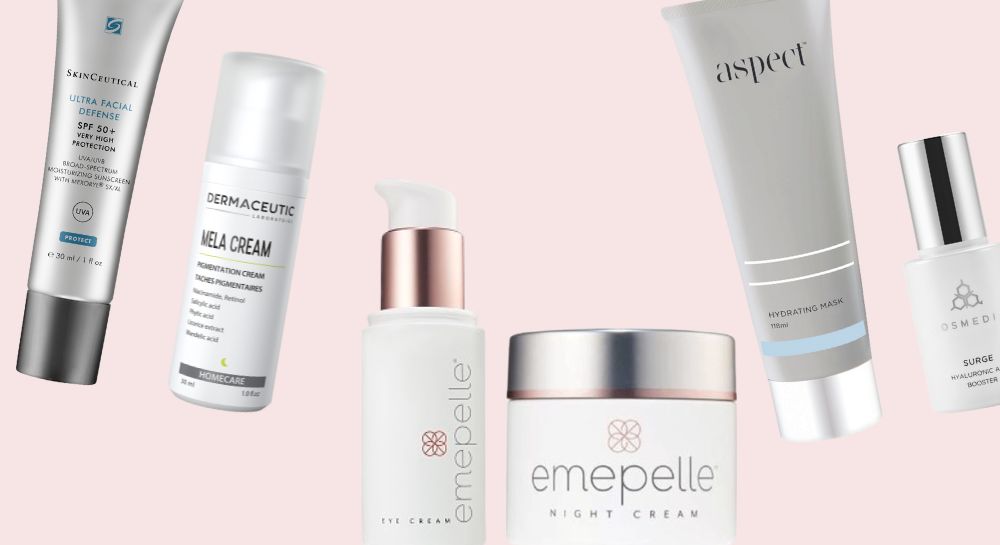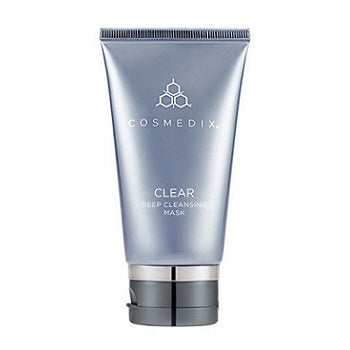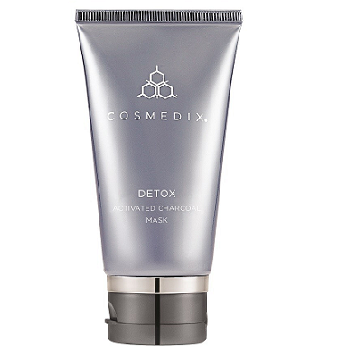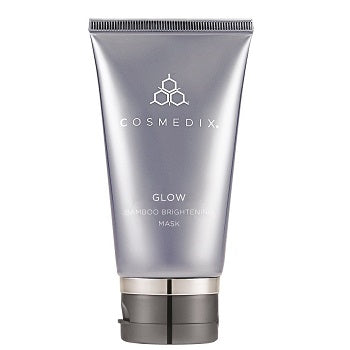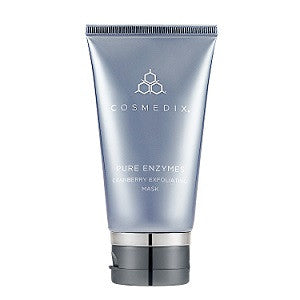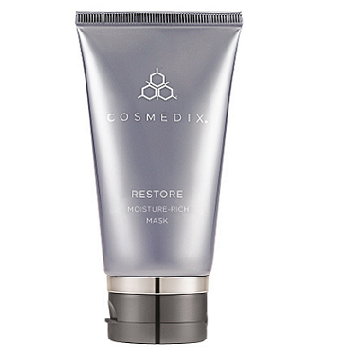FACIAL MASK OVERVIEW
Face masks are quick and easy additions to your skincare routine, repairing and pampering your skin with each application. Produced in various forms, including paste or sheet masks, this product can have a calming effect on you and your skin.
Face masks treat a range of skin treatments by cleansing skin impurities, creating a brighter complexion, reducing dark circles, and even utilising anti-ageing ingredients to soften potential wrinkles and fine lines.
WHAT ARE THE DIFFERENT TYPES OF FACIAL MASKS?
Facial masks are commonly manufactured in a tub, tube, or as a sheet, with each product containing ingredients that target and reduce the effects of particular skin concerns. These masks require different application types, with some being an overnight leave-on mask, or a short-term application that can be washed or peeled off.
The facial mask that works best is one that matches your skin type and sensitivity. These types include:
- Cream: Suited for dehydrated, dry or ageing skin by adding moisture and nutrients back in. Maintains youthful and plump-looking skin.
- Clay: Treats skin conditions like acne or blemishes, using exfoliation with astringent properties.
- Gel: Suited for skin feeling oily, this lightweight mask reduces excess oil and the appearance of pores.
- Exfoliating: Removes dead skin cells with chemical peels or grounded particles, enhancing the skin's natural turnover rate.
WHAT ARE THE BENEFITS OF USING A FACIAL MASK?
Overall, face masks are known to rejuvenate your skin and improve your complexion. Their benefits will depend on the type of face mask used, but overall effects include:
- Reducing signs of ageing
- Removing excess oil
- Moisturising and hydrating skin
- Smoothing out large pores
- Cleaning out clogged pores
WHEN SHOULD I USE FACIAL MASKS?
Your skin type, current environment and chosen mask formulation determines how often you should use a designated facial mask each week:
- Charcoal: 1-2 times a week
- Anti-ageing: 1-2 times a week
- Clay: 1-2 times a week
- Brightening: 1-2 times a week
- Overnight: 2-3+ times a week
- Exfoliating: 1-3 times a week
If you have a combination skin type, or more than one current skin concern, you can start mixing your face masks and apply them to the areas that need it. For example, if your skin is feeling dry and dull, you can use a hydrating overnight mask before applying a brightening mask in the morning.
WHAT IS THE BEST FACIAL MASK?
Whether you are looking for clear skin, reducing signs of redness and irritation, or a way to clean your oily skin, there is a skin mask out there that works best for you. Beyond determining what type of skin you have, and any concerns you want to remedy, you also have to test what is soothing to your skin.
The Aspect Probiotic Sleep Mask is an overnight mask that works to calm irritated skin, while also providing hydration and nutrition. It is an excellent choice for those looking for a mask that suits dry and sensitive skin.
If you are acne prone or dealing with uneven skin texture, the Aspect Fruit Enzyme Mask will make a visible difference in your complexion. The exfoliant successfully removes dead skin cells without using harsh chemicals, while also providing significant amounts of Vitamin C to protect it from free radical damage.
Using a vitamin complex and several natural ingredients, an application of the Aspect Dr Lanazyme Micro Peel results in a brighter and smoother face. Mimicking the effects of retinol without the irritation, this peeling gel is the ideal treatment for those needing some help in their skin recovery journey.